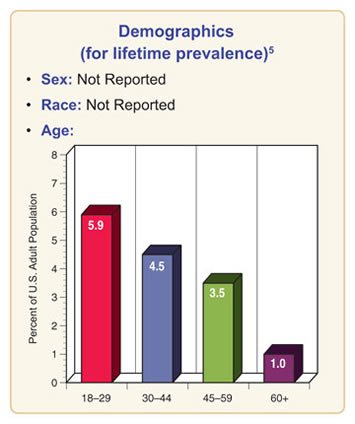Getting disability due to mental limitations such as bipolar disorder.
 There are many possible symptoms of bipolar disorder that can affect a person’s ability to work. In a manic episode the individual may experience over confidence, racing thoughts, increased energy, irritability, sleeplessness, inability to concentrate, denial of condition, drug abuse, bad judgment, euphoria, or aggressive behavior. In a depressive episode symptoms may include hopelessness, suicidal thoughts, sleep difficulties, helplessness, guilt, difficulty with memory, difficulty with concentration, irritability, physical symptoms of pain, overly sad, weight gain or loss, and decreased energy.
There are many possible symptoms of bipolar disorder that can affect a person’s ability to work. In a manic episode the individual may experience over confidence, racing thoughts, increased energy, irritability, sleeplessness, inability to concentrate, denial of condition, drug abuse, bad judgment, euphoria, or aggressive behavior. In a depressive episode symptoms may include hopelessness, suicidal thoughts, sleep difficulties, helplessness, guilt, difficulty with memory, difficulty with concentration, irritability, physical symptoms of pain, overly sad, weight gain or loss, and decreased energy.
Thankfully, bipolar disorder is recognized by the Social Security Administration as a legitimate basis for the payment of disability benefits. If you are a claimant who has been diagnosed with bipolar disorder symptoms, there are two primary theories for receiving benefits.
The primary theory for those suffering from bipolar is to argue that your condition is so severe that it meets the listing as defined by the Social Security Administration in Listing 12.04. To qualify this way you will need supporting documents in the form of a written declaration attesting to the fact that you experience specific systems that result in difficulties with your mental functioning.
To qualify under the listing, the following requirements must be met:
• persistent conditions of depression (at least four medically documented): loss of interest; change in appetite; sleep disturbance; decreased energy; feelings of guilt; difficulty thinking; thoughts of suicide; hallucinations or paranoid thinking
• persistent conditions of manic behavior (at least three medically documented): hyperactivity; inflated self esteem; decreased need for sleep; easy distractibility; involvement in high-risk activities for pain; hallucinations or paranoid thinking
• inability to maintain (at least two of the following): daily activities without restriction; social functioning; concentration or pace; a period of time without episodes
• medically documented history of two years of chronic affective disorder limiting the ability to perform basic daily activities as a result
Another common avenue utilized to win your case based on bipolar disorder relies more on the work limitations that your doctor has identified. This is the approach known as ‘residual functional capacity’ where you must assert that your condition has caused your capacity to work to become so diminished that you are not able to perform even simple, unskilled work.
If you think you may be entitled to Social Security Disability benefits and have questions, call The Law Offices of John T. Nicholson at 1-800-596-1533 for a free consultation today.


It’s really a helpful post and it’s going to really work for those bipolar disorder peoples. I am always ready for those peoples for any help.